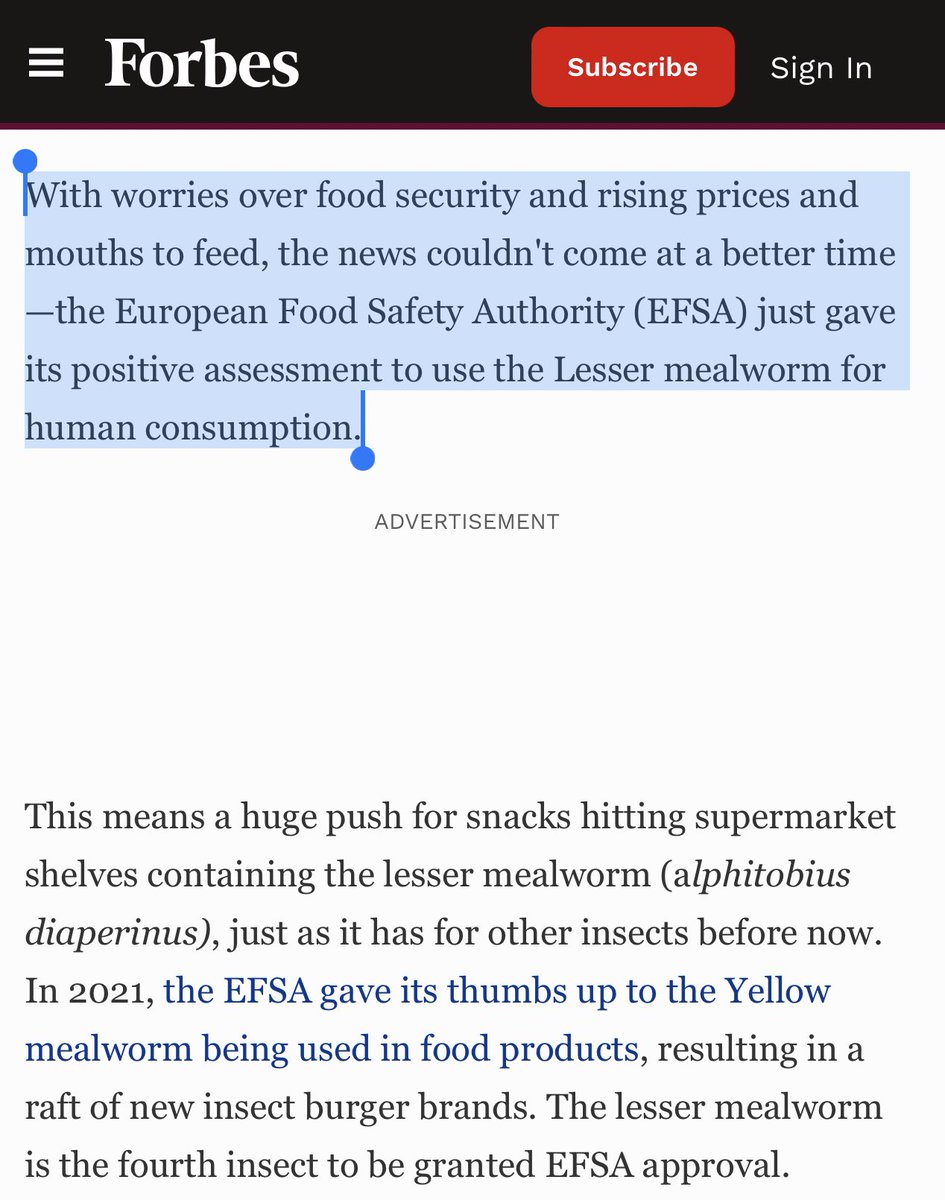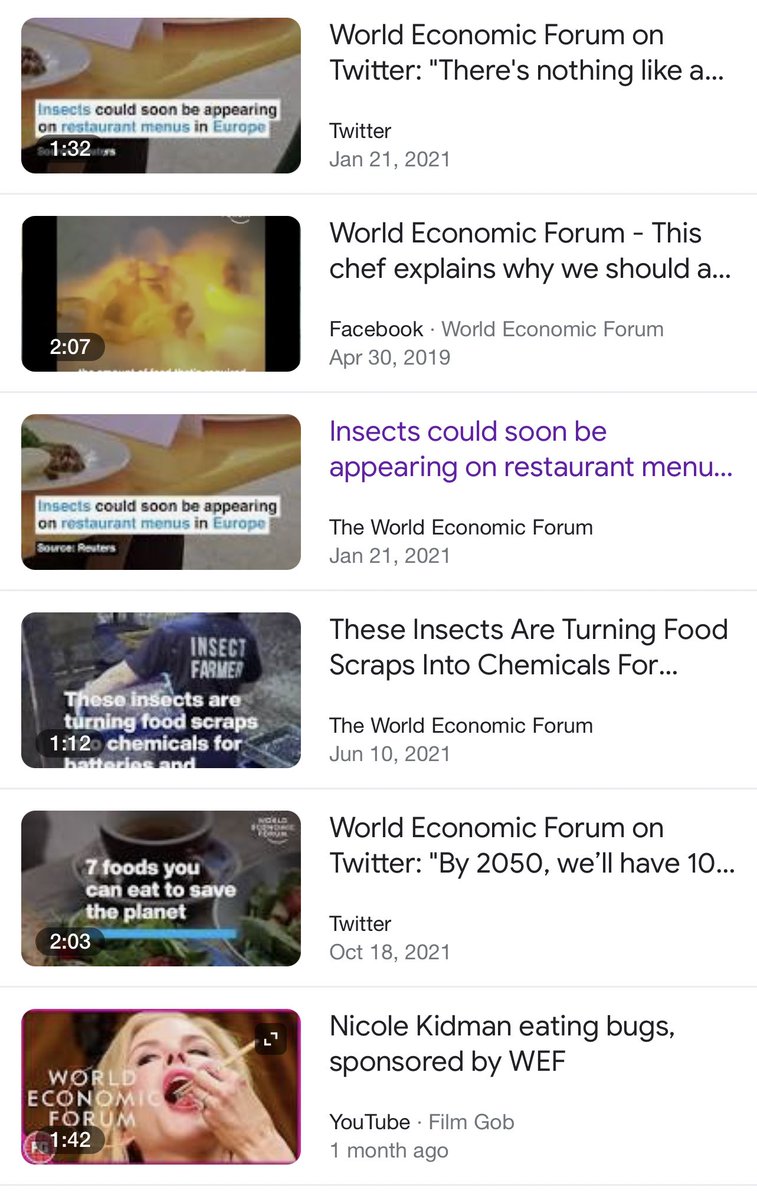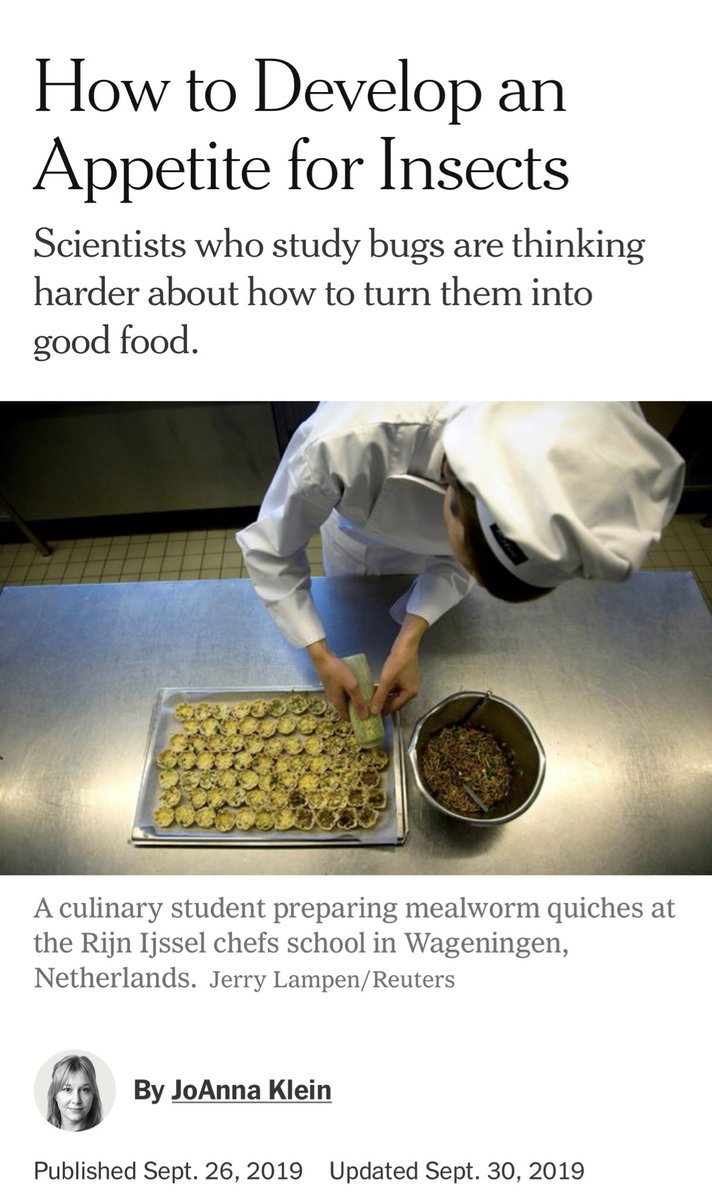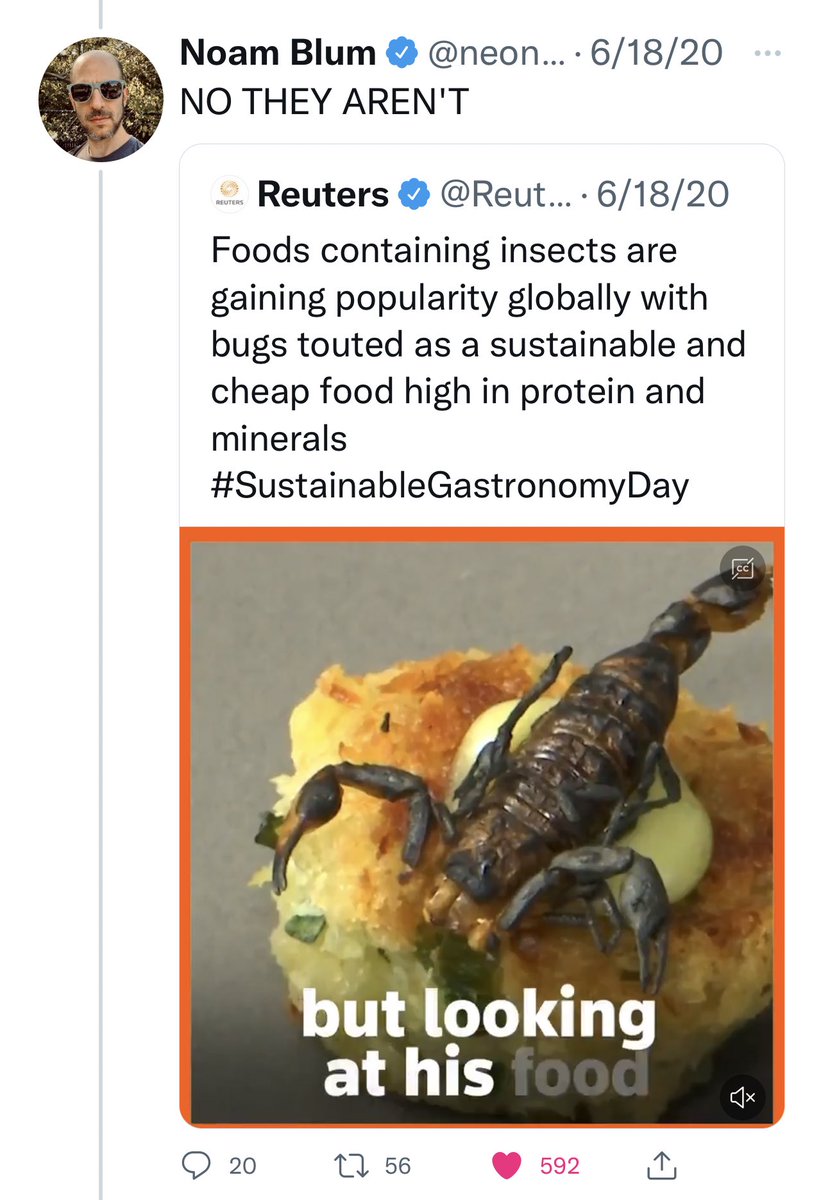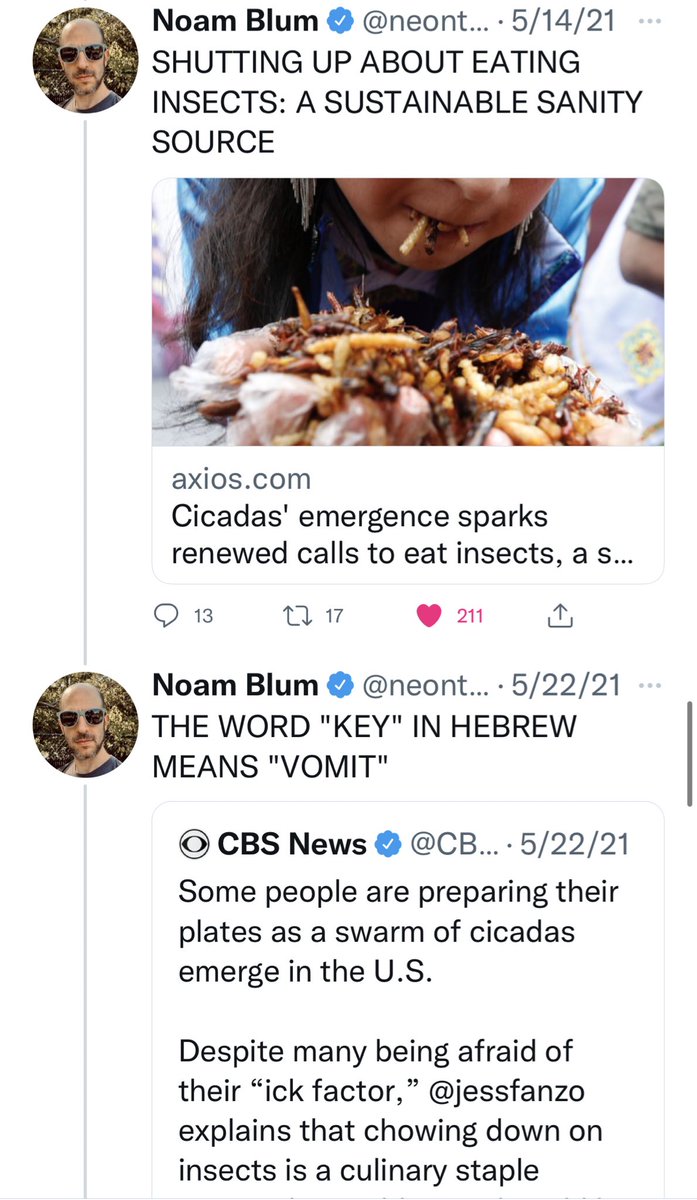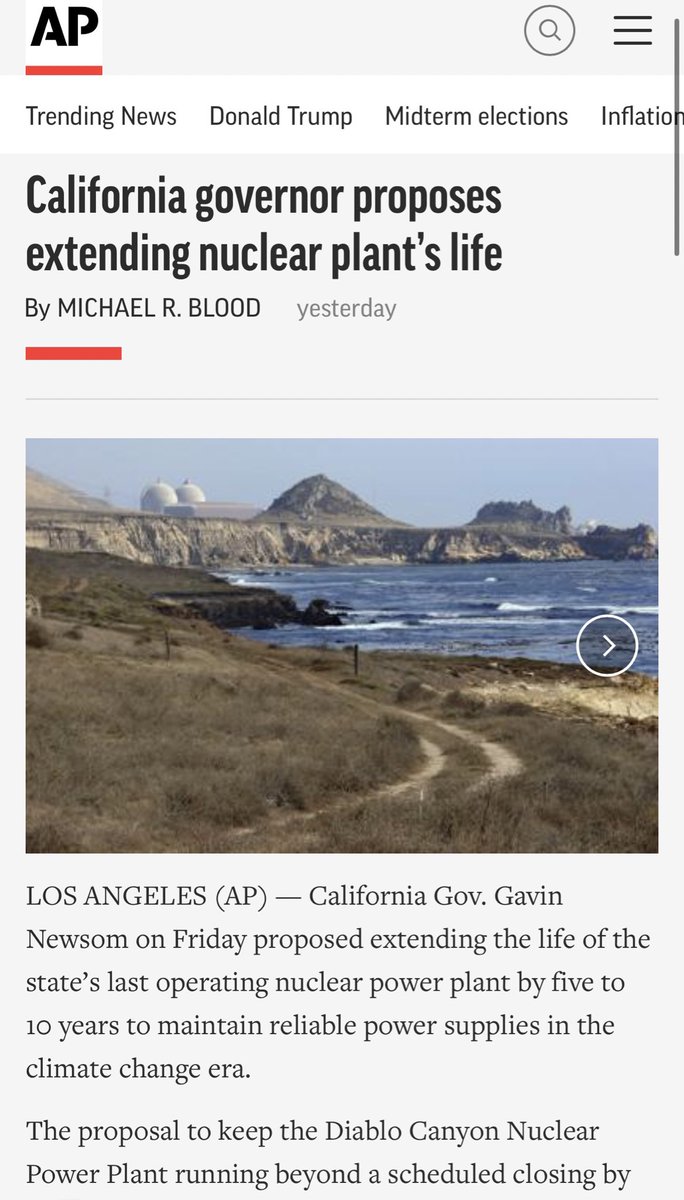
And, yes, as your faithful correspondent, I’ve tried them. Beondegi, South Korean silkworm pupae. They were disgusting. While some Koreans like them, the vast majority of people prefer meat.
My wife asked her Korean dad why he ate them in the past. “We were poor!” he said.


My wife asked her Korean dad why he ate them in the past. “We were poor!” he said.

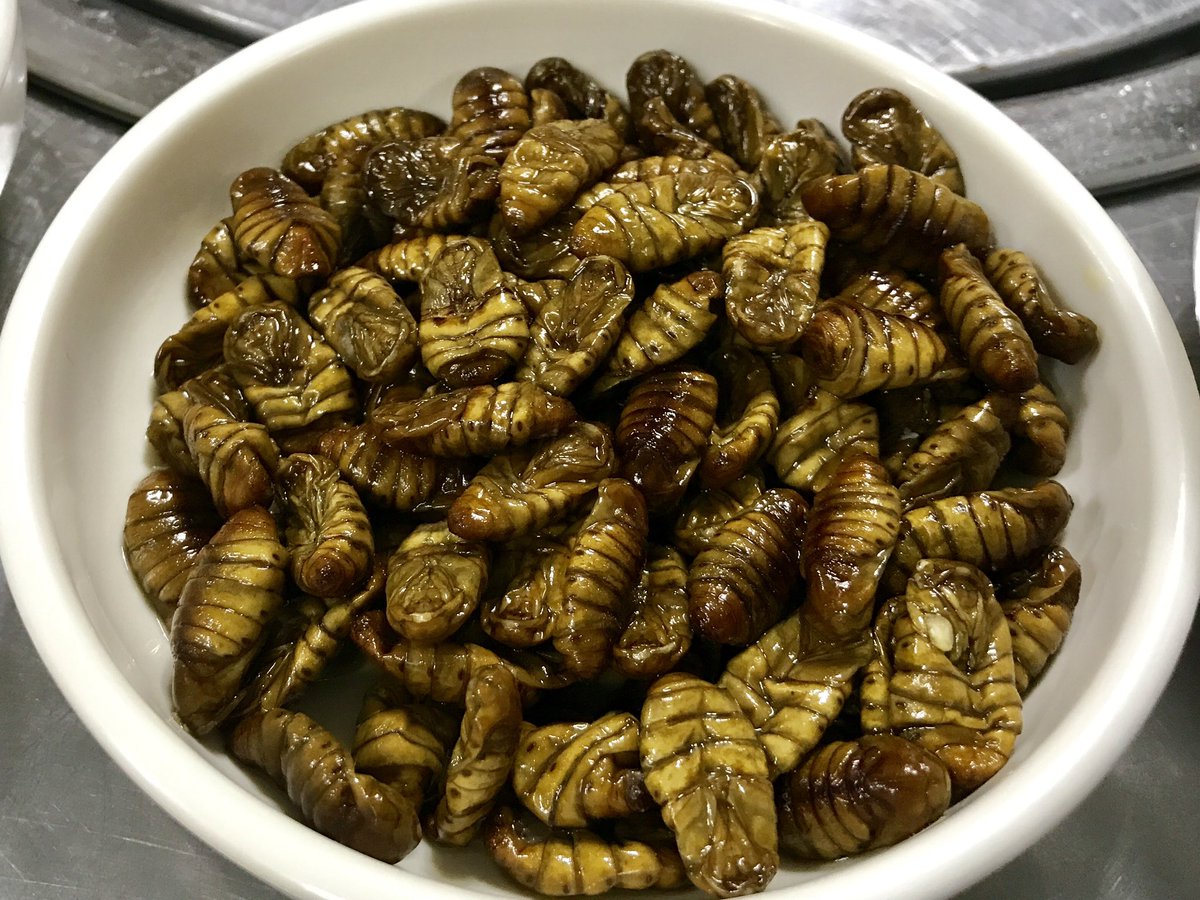

And there you have it: insects are food for poor people. Do you think the serve silkworms and mealworms in Davos? LOL. “Ze bugs are for thee, not me!”
The future they wanted has arrived. They’ve made meat expensive and launched a PR campaign to promote bug-eating.



The future they wanted has arrived. They’ve made meat expensive and launched a PR campaign to promote bug-eating.
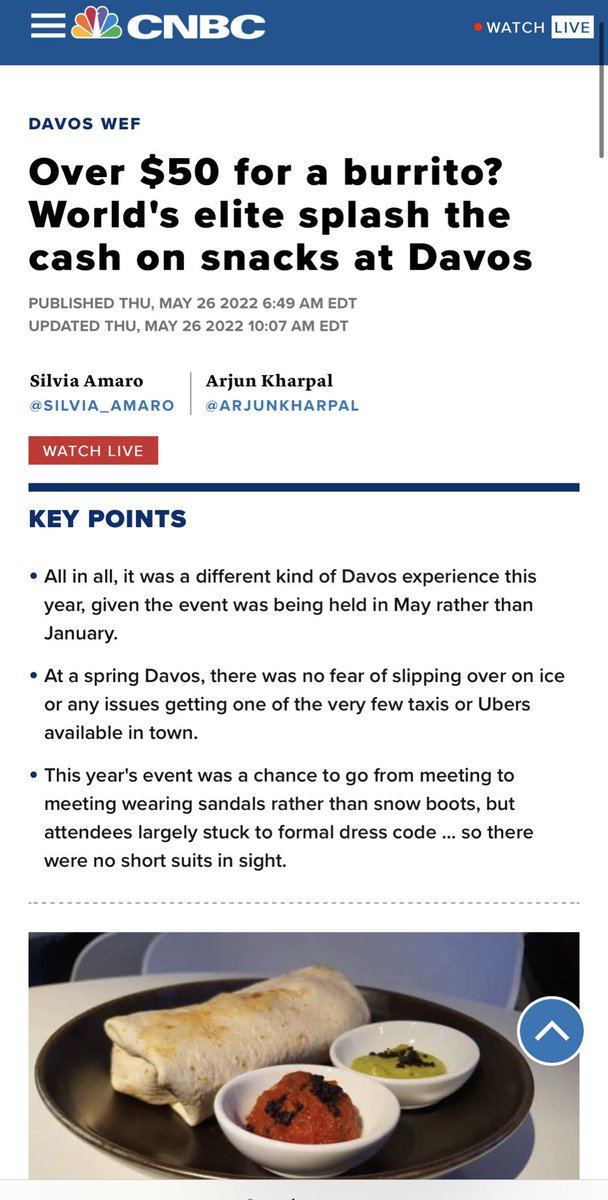



Thank you @neontaster for staffing the bug beat.
https://twitter.com/neontaster/status/1196071987543728129
OMG I just read the whole thread and laughed so hard I cried. @neontaster has totally redeemed bug-a-palooza.
Please, WEF-NYT-WaPo-CNN-UN, keep demanding we eat bugs so as to keep @neontaster in fresh material
Please, WEF-NYT-WaPo-CNN-UN, keep demanding we eat bugs so as to keep @neontaster in fresh material

“Parasites were detected 81% of 300 examined insect farms. In 30% of cases, parasites were potentially pathogenic for humans. Edible insects are an underestimated reservoir of human and animal parasites.”
ncbi.nlm.nih.gov/pmc/articles/P…
ncbi.nlm.nih.gov/pmc/articles/P…
• • •
Missing some Tweet in this thread? You can try to
force a refresh





